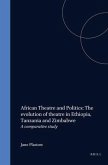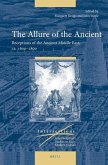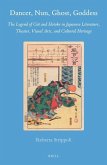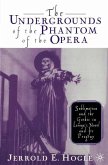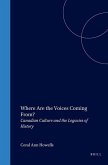Over the past fifty years transformations of great moment have taken place in South Africa. Apartheid and the subsequent transition to a democratic, non-racial society in particular have exercised a profound effect on the practice of literature. This study traces the development of literature under apartheid, then seeks to identify the ways in which writers and theatre practitioners are now facing the challenges of a new social order. The main focus is on the work of black writers, prime among them Matsemela Manaka, Mtutuzeli Matshoba and Richard Rive, who, as politically committed members of the oppressed majority, bore witness to the "black experience" through their writing. Despite the draconian censorship system they were able to address the social problems caused by racial discrimination in all areas of life, particularly through forced removals, the migrant labour system, and the creation of the homelands. Their writing may be read both as a comprehensive record of everyday life under apartheid and as an alternative cultural history of South Africa. Particular attention is paid to theatre as a barometer of social change in South Africa. The concluding chapters consider how in the current period of transition writers and arts institutions have set about reassessing their priorities, redefining their function and seeking new aesthetic directions in taking up the challenge of imagining a new society.
Hinweis: Dieser Artikel kann nur an eine deutsche Lieferadresse ausgeliefert werden.
Hinweis: Dieser Artikel kann nur an eine deutsche Lieferadresse ausgeliefert werden.



